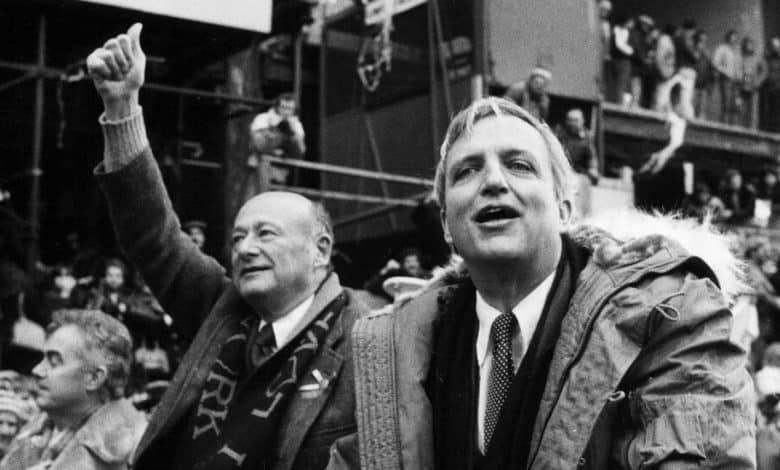Moorhead C. Kennedy Jr., 93, Dies; Hostage Who Chided Foreign Policy

Moorhead C. Kennedy Jr., wearing a dark suit and a green polka-dot tie, was working at his desk in the U.S. Embassy in Tehran on the morning of Nov. 4, 1979, when a Marine burst into the hallway outside his office.
It was a tense period in Iran: A revolution to overthrow the shah was escalating. Mr. Kennedy, a career Foreign Service officer, was filling in for the economics counselor, the embassy’s third-ranking diplomat, who was away on family leave.
“I was very interested in seeing a revolution in progress,” Mr. Kennedy later recalled. “It was a very fruitful time until, all of a sudden, I heard a shout from the Marines, ‘They’re coming over the wall!’ And then a whole new experience began.”
Supporters of Ayatollah Ruhollah Khomeini took Mr. Kennedy and 51 others hostage. They were held for 444 days and subjected to psychological and physical abuse, including mock executions. The global crisis upended Jimmy Carter’s presidency and helped foment in the West an enduring distrust of the Islamic world.
Following the release of the hostages just after Ronald Reagan was inaugurated as president in January 1981, Mr. Kennedy emerged as one of the most recognizable characters of the episode — in part because his wife, Louisa Livingston Kennedy, had been a spokeswoman for families of the hostages, but more so because he had quit the Foreign Service and become a fierce critic of U.S. foreign policy.
Mr. Kennedy died on May 3 in Bar Harbor, Maine. He was 93. The cause of his death, at an assisted living facility, was complications of dementia, his son Mark said.
